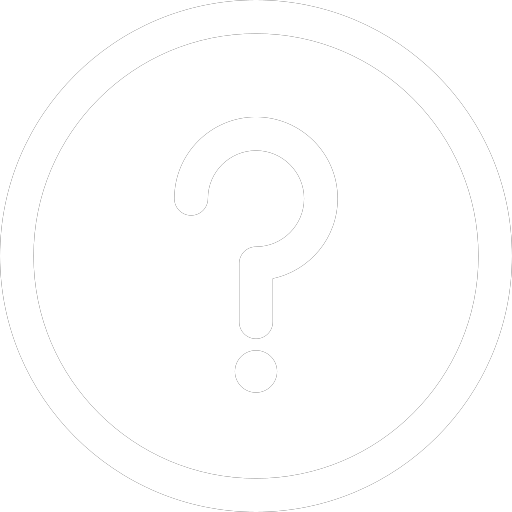Wastewater networks
South Australia has always led the water industry in sewerage treatment. We were the first Australian state to install sewage treatment systems, and Adelaide was the first capital city to achieve secondary treatment of sewage.
While getting water to you is challenging, dealing with sewage is also complicated.
Adelaide's sewerage system has more than 8,700 kilometres of pipes. Three major wastewater treatment plants at Bolivar, Glenelg and Christies Beach treat the water. We also have a smaller treatment plant at Aldinga.
Outside Adelaide's metropolitan area, there are 20 treatment plants.
We are currently recycling and reusing 32 per cent of our wastewater, returning it to the community for irrigation of parklands, community grounds and also the horticulture industry. We are well on our way to increasing that amount so that we reach the goal of only returning one in every 2 litres of water back to the environment.
In the Adelaide Hills we are increasing the recycled water available to local businesses, growers and vineyards.
Smart technology trials are not only improving our wastewater operations, they are also receiving recognition in international awards. And our upgrades to pump stations in metropolitan Adelaide and in regional South Australia are reducing methane emissions.
Each year we manage and treat millions of litres of wastewater. Our 3 major wastewater treatment plants at Bolivar, Glenelg and Christies Beach process more than 250 megalitres of sewage every day - that's about 5 full baths every second.
Your sewage goes through a number of stages as part of the treatment process before it is ready for reuse as biogas, biosolids and recycled water, or for release back into the environment.
To understand how we safely manage our wastewater treatment plants, or to join the conversation and share your ideas, visit our Wastewater Treatment Plant WaterTalks page.
Reuse from wastewater treatment plants
It's not just water recycled at our treatment plants. We also reuse gases and the biosolids that come out of the treatment process.
Biogas
The bacteria used in some of our treatment processes create gases, including methane, called biogas. We capture enough biogas to create 15 gigawatts per hour of power per year. That's about half of all of the energy needs for all 3 wastewater treatment plants in metropolitan Adelaide.
Recycled water
Recycled water, treated to an appropriate standard, is used for irrigating farmland, parks and outdoor sports grounds. Some suburbs also have recycled water for use on gardens, in toilets and for washing cars. Our recycled water is also used to grow the bamboo that feeds Adelaide Zoo's pandas Wang Wang and Fu Ni.
Biosolids
Organic material from the wastewater process is collected and treated to make them safe for South Australian farmers, who have been using them as a compost since the 1960s. We call these materials biosolids and farmers use them to improve their soils and crops. Demand for biosolids produced by our Bolivar Wastewater Treatment Plant currently exceeds our annual output of 35,000 tonnes.
Farmers who want to use biosolids must produce either dry land crops like cereals, or irrigated permanent crops like citrus or vines, while commercial landscapers working on significant projects may also be able to use biosolids.
You can read more about biosolids at the Australian & New Zealand Biosolids Partnership.
Our biosolids are supplied free of charge. The only cost to users is that of transporting the solids from Bolivar.
If you would like to use South Australian-produced biosolids for your farm or landscaping projects, please contact us.
Keeping you informed and involved
Engaging directly with our customers and community is essential to how we operate. It enables us to keep you informed and provides us with an understanding of what’s important to you, so we can continually improve our services to meet your needs and expectations.
To understand how we safely manage our wastewater treatment plants, or to join the conversation and share your ideas, visit our Wastewater Treatment Plant WaterTalks page.

